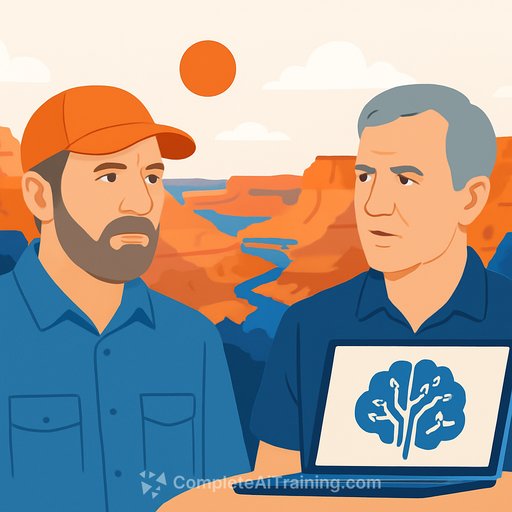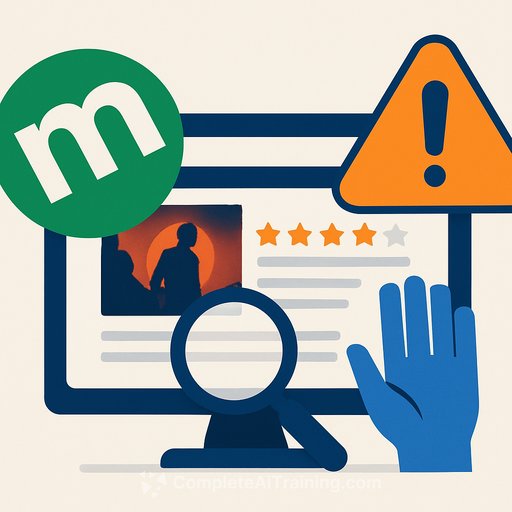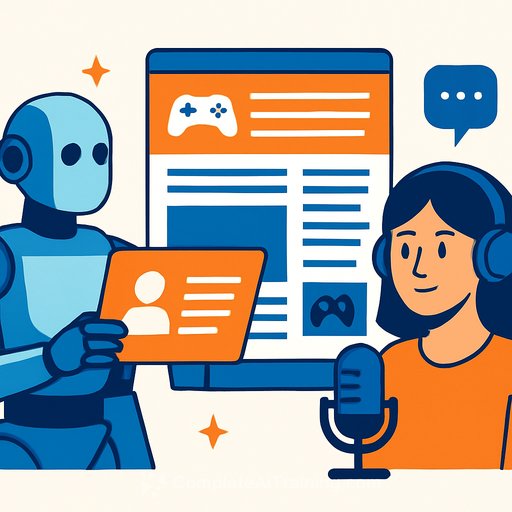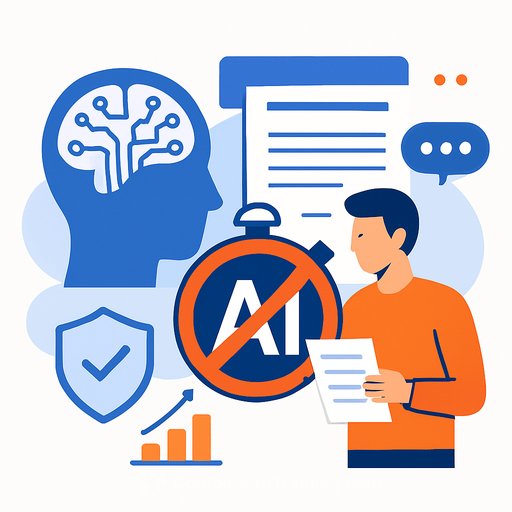Pete McBride and Kevin Fedarko on writing, stewardship, and AI's tradeoffs
Pete McBride (filmmaker, photographer) and Kevin Fedarko (writer) have spent years documenting the American Southwest - especially the Grand Canyon. Their conversation offers a practical masterclass for writers: choose depth, keep your craft honest, and tie your work to something worth protecting.
Mentors, models, and what to keep vs. set aside
McBride credits early giants like Ansel Adams and peers from National Geographic. He also points to reaching out to people you admire. That outreach turned heroes into collaborators and friends - a clear nudge for writers to make the first move.
Fedarko highlights a harder truth. Some literary influences, like Edward Abbey, wrote with beauty and also with views that haven't aged well. The work for writers: take the craft, leave the harmful ideas. Your influences can teach technique without dictating your values.
What's at stake at the Grand Canyon
The pressures McBride documented in "Into the Grand Canyon" have intensified: severe drought, reduced funding, mining proposals, damming, and the push to monetize iconic places through heavy tourism. Indigenous voices still struggle to be heard where decisions matter most.
Recent wildfires have already altered infrastructure on the North Rim. The message is simple: these places aren't automatically protected just because laws say they are. Each generation has to decide whether they'll show up and defend them. For context on the place they're talking about, see the National Park Service page for the canyon here.
The long game: pick a place and go deep
Fedarko moved from daily newspapers to weeklies to monthlies to books, chasing time - not headlines. Instead of hopping topics, he fell for one place and stayed with it. The longer he wrote about it, the more he realized how little he knew, and how much was left to learn.
Impact is for others to decide. Meaning, though, comes from sustained attention. That's a useful compass for writers who feel spread thin: depth compounds.
Journalism as a passport - to trust and real relationships
McBride sees storytelling as a passport. A camera, a notebook, a mic - they open doors, but the real work is patience and trust. He points to a Native American mother and daughter he met during a project; years of relationship led to a film and to them representing their own story on a bigger stage.
For writers, the signal is clear. Your work isn't just content. It's a bridge to people and places that need long-term care.
AI: efficiency, costs, and the craft
Both speakers can see gains from AI - especially where it exposes efficiency. One example: AI can help reduce climate-warming contrails by optimizing flight behavior, which agencies like NASA have studied in depth.
But the tradeoffs are real. Data centers consume large volumes of fresh water and significant energy. That pushes questions about sourcing, closed-loop cooling, and actual emissions, not just paper targets.
On creative work, McBride cautions that AI leans on what already exists. Fedarko adds a more fundamental point: writing trains your mind. Even if AI one day matches human prose, outsourcing the work means losing the mental training that makes you a clearer thinker.
Practical takeaways for writers
- Reach out to your heroes. Shared work can turn admiration into peerhood.
- Learn from flawed influences. Keep the craft, reject outdated ideas.
- Choose depth over breadth. Pick a topic or place and keep showing up.
- Write for something you'd defend. Civic care beats detached commentary.
- Audit AI's full cost: water, energy, and emissions - not just speed.
- Don't outsource your thinking. Keep writing to sharpen analysis and judgment.
- If you use AI, be transparent about how you use it and keep originality non-negotiable. For ethical tooling ideas specific to writers, see this overview of AI tools for copywriting here.
The throughline
Real writing takes sides - with a place, with people, with truth. McBride and Fedarko remind us that the work isn't just pages or pixels. It's attention, trust, and a willingness to keep going after the easy story runs out.
Your membership also unlocks:





